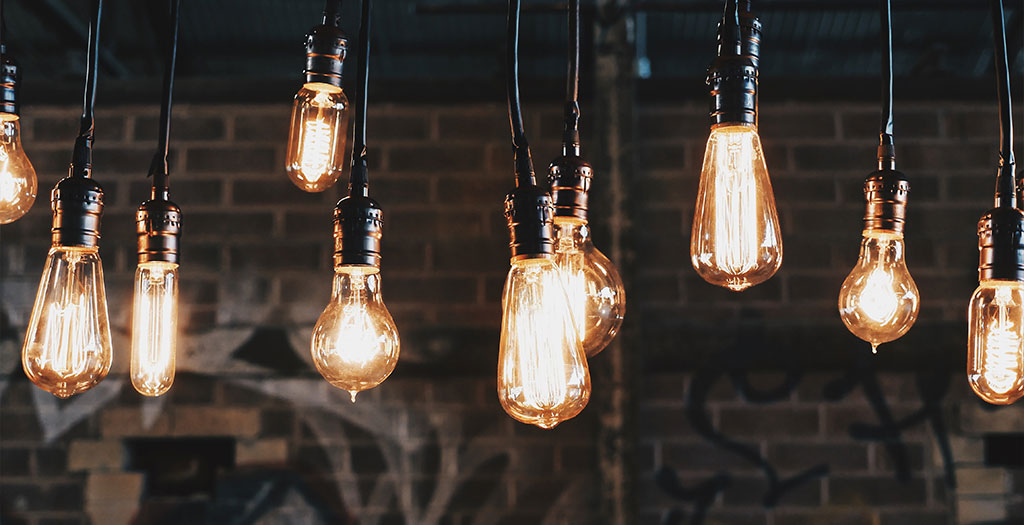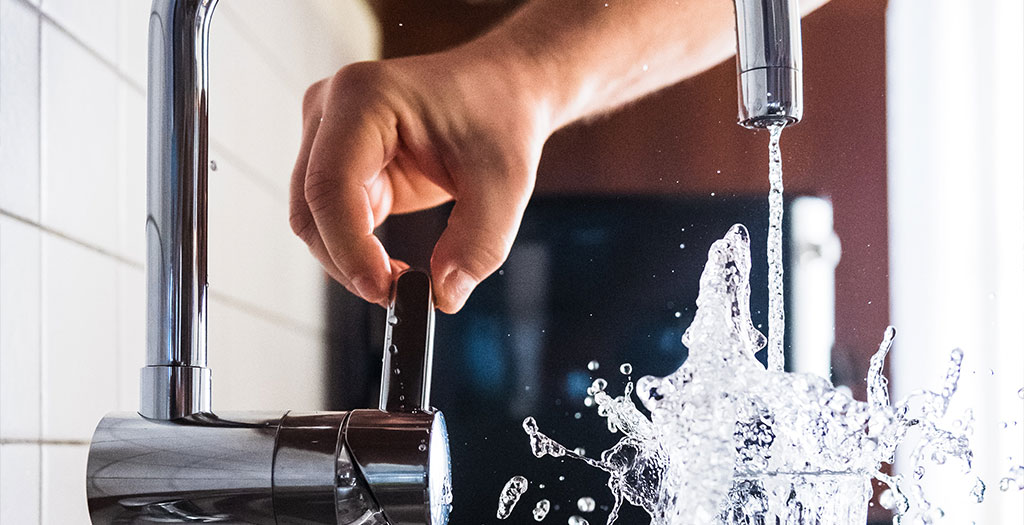How leaseholders & tenants can save on utility bills
16 December, 2022
Take a look at the list of measures put together by utility companies, which offers suggestions on how tenants and landlords can save money on their household bills this summer.
Saving on Water
Swap baths for showers – reducing the number of baths in a home and replacing them with showers can have a significant influence on the amount of water a household uses. A shorter shower consumes one-third the water it would take to fill a bath, so even if avoiding baths isn’t an option, try to limit them to once or twice a week.
Unnecessary running taps – Leaving the taps running while doing brief operations such as brushing your teeth or shaving can have a significant impact on water usage when considering it is an everyday task. Turning off the water while performing these routines reduces the quantity of wasted water;- Small wash cycles – washing huge loads of laundry instead of many half-cycle washes per week saves enormous amounts of wasted water and energy. Not only are longer cycles more efficient, but washing at a lower temperature will help reduce energy bills;- Using a dishwasher instead of washing up in the sink – while washing and rinsing small items in the sink may feel like you’re saving water, it actually wastes litres of water, which is why it’s more efficient to load any dirty dishes into the dishwasher, wait until it’s fully loaded, and allow a full cycle wash. Avoid overusing the machine by only half-filling it, as this is equally inefficient.
Consider acquiring a water meter – This may not be suitable for every family, which is why it is vital to investigate as it may save you money. Martin Lewis, a money-saving expert, advocates looking into it if you have “more bedrooms in your home than individuals or the same number.”
Saving on Gas
Install a smart thermostat – There are numerous advantages to doing so. Because of the technology employed inside this device, it can recognise household consumption patterns and alter the temperature based on whether or not the home is occupied. This significantly reduces the period that heating and cooling systems are turned on, resulting in a reduction in gas consumption.
Insulate your home – If you have trouble staying warm during the cooler months, it may be worthwhile to invest in adequately insulating your home. Loft insulation is a fantastic place to start because heat rises, and the main escape of heat from a house with no efficient insulation will be through its roof. Although this is a higher initial expense, it will pay for itself in the long run.
DIY heavy curtains – If you want to be more hands-on and save money, make some heavy curtains to keep heat in during the cooler months. If you have small bedrooms that leak a lot of heat, this is a fantastic option to insulate your home.
Hang your clothing out to dry – it may seem obvious, but many homeowners prefer the quick option of putting things in the dryer. As summer approaches, making a conscious effort to hang your laundry in the yard, balcony, or on an inside airer will undoubtedly save you money.

Saving on Electricity
Turn off standby appliances – You can save energy by shutting off appliances that aren’t in use or aren’t used at all. If you spend a lot of time away from home, purchasing plug outlets that can be turned on/off via your phone is a terrific alternative.
Turn off lights – As simple as it is to leave lights on and forget to turn them off, try to intentionally turn off lights when leaving a room or when natural light is available.
Use stand-alone devices instead of desktop computers – By using stand-alone devices such as laptops, tablets, and phones instead of desktop PCs, you can lower your daily power consumption. This can also boost work efficiency because these gadgets can be utilised anywhere and at any time.
Cook more efficiently – by using lids on boiling pans, using the suitable hob, and using the right kitchenware when cooking, you are more likely to reduce the amount of time the appliance is on.